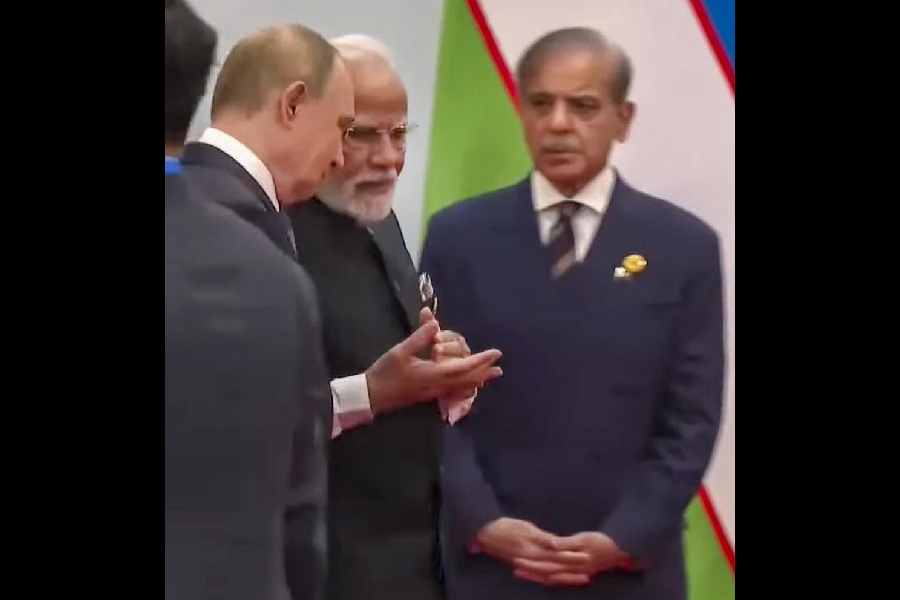The Shanghai Cooperation Organisation (SCO) on Monday “strongly condemned the terrorist attacks” in Pahalgam and on the Jaffer Express in Pakistan, taking on board the concerns of both New Delhi and Islamabad in an apparent balancing act that helped build consensus on the Tianjin Declaration.
The declaration adopted by the Council of Heads of State of the SCO said: “Member States strongly condemned the terrorist attack in Pahalgam on 22 April 2025. Member States also strongly condemned the terrorist attacks on Jaffer Express on 11 March and in Khuzdar on 21 May 2025.”
Condemning terrorism in all its forms and manifestations, the declaration stressed that “double standards in the fight against terrorism are unacceptable” and called on the international community to combat terrorism, including cross-border movement of terrorists. Specifically referring to the incidents in India and Pakistan, it stated that the perpetrators, organisers and sponsors of such attacks must be brought to justice.
In citing incidents in both countries, the Council of Heads of State possibly avoided a repeat of what happened earlier this year at the SCO defence ministers’ meeting, where consensus could not be reached on terrorism.
India wanted its concerns on the issue, particularly with regard to Pahalgam, factored in but it was not acceptable to Pakistan. As a result, no joint statement was issued after the meeting in June.
Earlier, addressing the SCO meeting, Prime Minister Narendra Modi said: “For the past four decades, India has been bearing the grave scars of ruthless terrorism…. Recently, we witnessed the most heinous face of terrorism in Pahalgam. I express my deep gratitude to all the friendly nations that stood by us during this moment of grief. This attack was not only an assault on the conscience of India, but also an open challenge to every nation, and every individual who believesin humanity.
“In such circumstances, it is natural to ask: Can the open support for terrorism by certain countries ever be acceptable to us?... We must state it clearly and in one voice: double standards on terrorism are unacceptable. Together, we must oppose terrorism in every form and manifestation. This is our responsibility towards humanity.”
As always, India did not sign up to endorse China’s Belt and Road Initiative (BRI). All other eight countries were named in the Tianjin Declaration as reaffirming their support for the BRI, which India opposed on the ground that a flagship project, the China-Pakistan Economic Corridor (CPEC), runs through Pakistan-occupied Kashmir.
The member states also articulated adherence to a line that excludes blocs and confrontational approaches to solving international and regional development problems. This appears to be an oblique reference to the Quad grouping of India, the US, Japan and Australia that China calls a “clique” and is largely perceived as an attempt by the four democracies to contain Beijing’s influence in the Indo-Pacific region.











